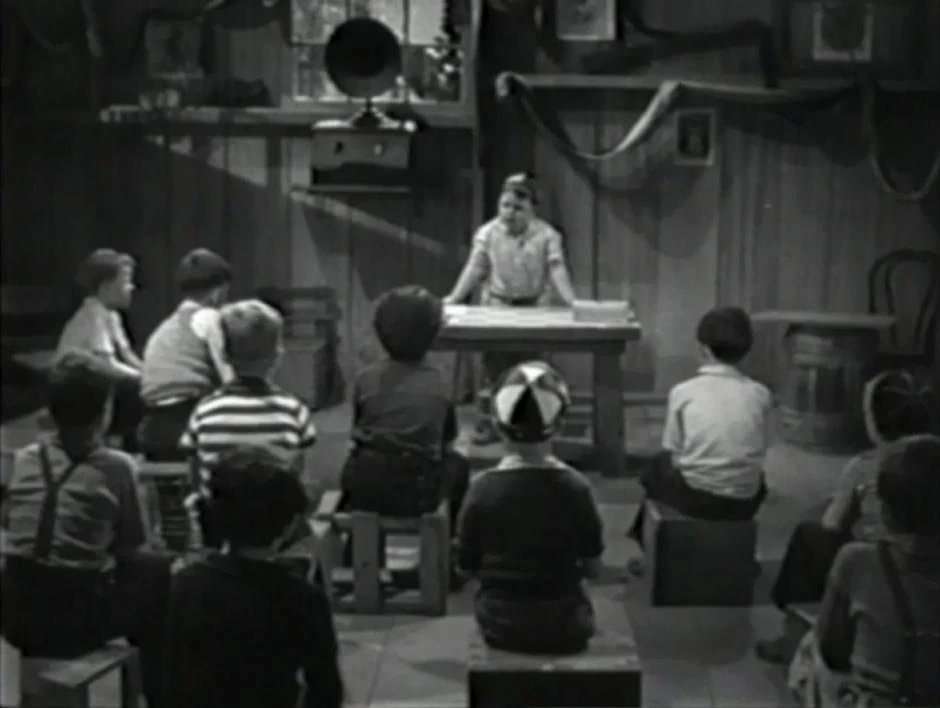Part Three: Embracing Exile
“I’ll believe in anyone or
anything,” said Nikabrik, “that’ll batter these cursed Telmarine barbarians to
pieces or drive them out of Narnia. Anyone or anything. Aslan or the
White Witch, do you understand?”
Christian courage is doing right,
being as blameless as you can, though by it you lose the whole world.
To rally behind an ostensible
champion simply because Christians have long felt downtrodden by the cultural
wave is to forget the essence of the redemptive story. That we are aliens here.
That the kingdoms of this world are not our homes. That we seek the good of the
city only within the context of Babylonian exile: that it is a sick, dying city
in which we are asked to live and flourish. Babylon’s power is not ours to
wield. We could never handle it faithfully.
Those who grasp at power do so out
of fear. On the first day of school, my daughter sat in the car reassuring
herself, “Mom, bullying always means the person is secretly scared, right?”
Yes, it does. The fundamental dynamic of Christian life is feeling the fear of
the chaotic world (they could kill me, sometimes that’s in the cards) and then
trusting that God’s ends are bigger than ours (they could kill me, and from
ashes may spring something glorious.) We purport to live for the glory of God,
and we forget that we don’t know how God is best glorified. We don’t know if strong,
Imperial notes are part of glorifying strains, but we do know that quiet, daily
righteous living is a sweet melody in God’s ear.
And then we forget.
We give way to fear about ends and
we slip, shouting, into any means and any alliance.
That’s why we are given so many
examples.
Fear drives David to kill Uriah.
The man after God’s own heart heeds the voice that says, “I have already fixed
on an ending. I have no choice.”
But we don’t write the endings.
We don’t know the endings.
Sometimes Rome gets sacked.
God can do a lot through a good sacking. Sometimes, as with David, he sacks the Christian’s heart and purges it of its hubris and restores that heart to himself. Sometimes, as with Saul’s coronation, he lets the natural consequences instruct (You want a king? I’ll let you have that and its fallout.) That’s God’s prerogative, and we humbly leave some of it to mystery.
Blessed, however, are Christians
when they are insulted, persecuted, and misrepresented because of the gospel.
(No such blessing for us if we are insulted because of our vitriolic political
posturing, though.) We rejoice in persecution because our reward is in
heaven (paraphrase, Matt 5) If we seize the reins of Babylon, we might just
get our rewards here and now, but we won’t have been much of the salt and light
that we are asked to be in the next verse.
The only thing we know for sure is that words like these from a few weeks ago:
The only thing we know for sure is that words like these from a few weeks ago:
Conservatives & Christians
need to stop electing ‘nice guys.’ They might make great Christian leaders but
the United States needs street fighters like @realDonaldTrump at every level of
government b/c the liberal fascists Dems are playing for keeps & many Repub
leaders are a bunch of wimps!
are the words of fearful end-writers, not the words of
faithful servants.
To my brothers and sisters in exile, be not only as wise as serpents, but also, always, as innocent as doves.
To my brothers and sisters in exile, be not only as wise as serpents, but also, always, as innocent as doves.




